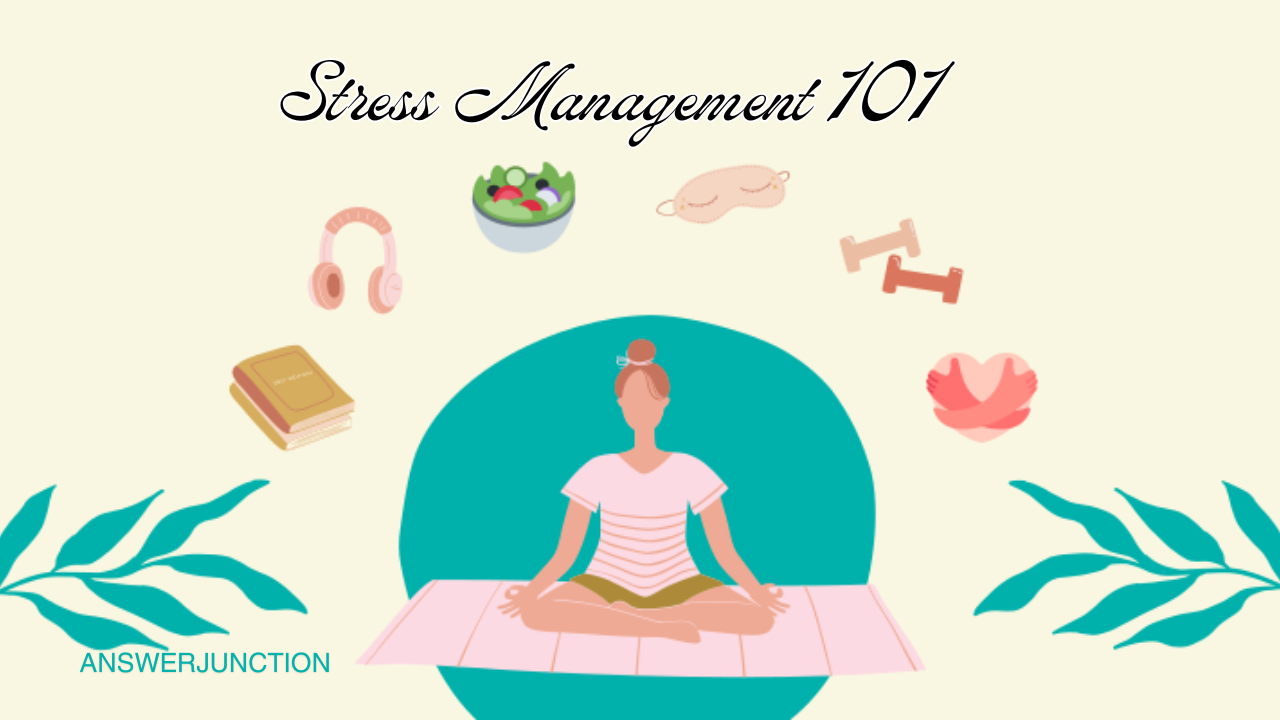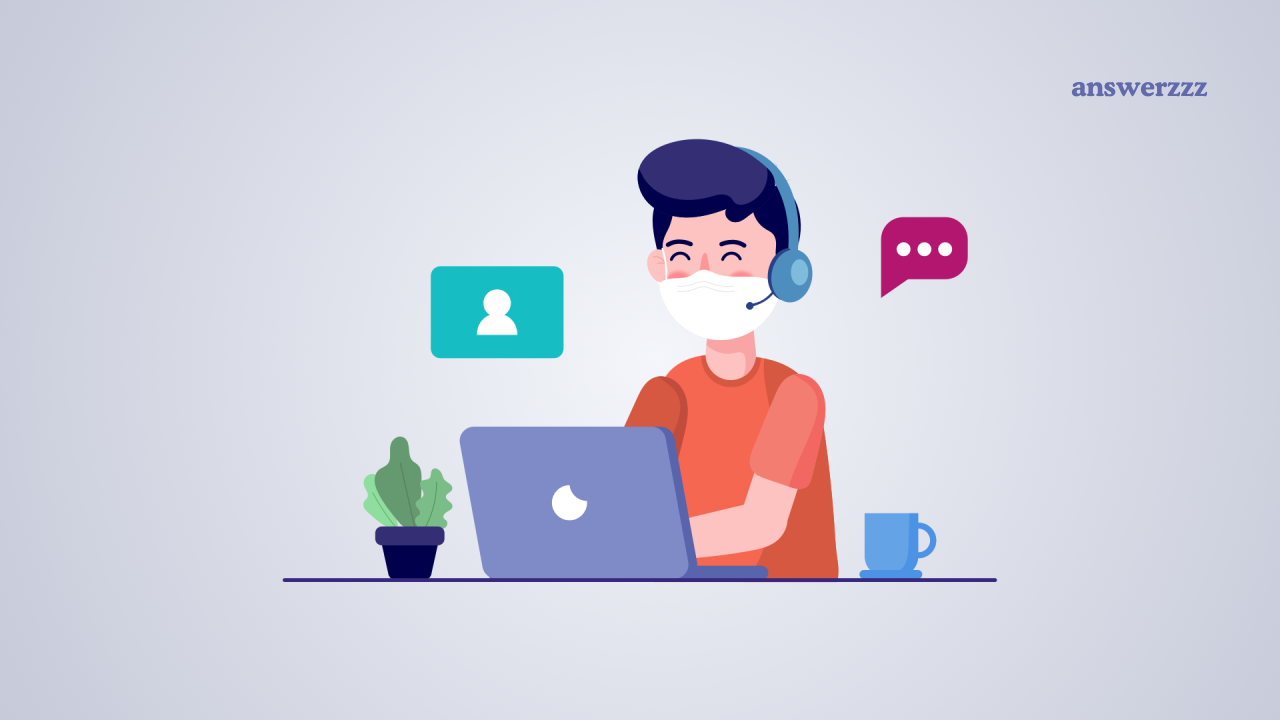Stress is an inevitable part of life. From work deadlines to personal responsibilities, everyone encounters stress at some point. While a certain level of stress can be beneficial, helping us meet challenges and stay motivated, chronic stress can have detrimental effects on our physical and mental well-being. This comprehensive guide aims to provide you with effective stress management techniques to cultivate a calmer life.
Understanding Stress
What Is Stress?
Stress is the body’s response to any demand or challenge. When faced with stressors, the body releases hormones like cortisol and adrenaline, initiating the “fight-or-flight” response. This physiological reaction prepares us to confront or flee from perceived threats.
Types of Stress
- Acute Stress: This is short-term stress that arises from specific events or situations, such as a job interview or a sudden deadline.
- Chronic Stress: This type of stress is long-term and results from ongoing situations, such as financial problems, a challenging job, or a difficult relationship. Chronic stress can lead to serious health issues if not managed effectively.
- Eustress: Often referred to as positive stress, eustress can motivate you and help you achieve your goals, such as preparing for a competition or meeting a deadline.
- Distress: This is negative stress that can be overwhelming and lead to anxiety, health issues, and a decline in overall well-being.
Signs of Stress
Recognizing the signs of stress is the first step toward effective management. Common symptoms include:
- Fatigue
- Irritability
- Difficulty concentrating
- Sleep disturbances
- Changes in appetite
- Physical symptoms such as headaches or stomachaches
Techniques for Managing Stress
1. Mindfulness and Meditation
What is Mindfulness?
Mindfulness is the practice of being present and fully engaged in the moment without judgment. It encourages awareness of thoughts, feelings, and bodily sensations.
How to Practice Mindfulness:
- Mindful Breathing: Spend a few minutes focusing on your breath. Inhale deeply through your nose, hold for a moment, and exhale through your mouth. Concentrate on the rhythm of your breathing.
- Body Scan Meditation: Lie down comfortably and mentally scan your body from head to toe, paying attention to any areas of tension or discomfort.
- Mindful Walking: Take a walk and concentrate on the sensations of your feet touching the ground, the sounds around you, and your breath.
Transform Your Morning Routine: Simple Tips for a Healthier Start
2. Physical Activity
The Connection Between Exercise and Stress Relief
Regular physical activity is one of the most effective ways to manage stress. Exercise releases endorphins, which are natural mood lifters.
Types of Exercise for Stress Relief:
- Aerobic Exercise: Activities like running, swimming, or cycling increase heart rate and improve overall mood.
- Yoga: Combining physical movement, breathing techniques, and meditation, yoga is highly effective for reducing stress and anxiety.
- Strength Training: Lifting weights or engaging in bodyweight exercises can also help reduce stress by increasing confidence and improving physical health.
3. Healthy Lifestyle Choices
Diet and Nutrition
What you eat can significantly impact your mood and stress levels. A well-balanced diet can enhance your resilience to stress.
- Hydration: Drink plenty of water throughout the day. Dehydration can lead to fatigue and irritability.
- Limit Caffeine and Sugar: Excessive consumption of caffeine and sugar can lead to increased anxiety and energy crashes.
- Nutrient-Rich Foods: Include fruits, vegetables, whole grains, and lean proteins in your diet. Foods rich in omega-3 fatty acids, like salmon and walnuts, can help reduce stress.
Sleep Hygiene
Lack of sleep can exacerbate stress levels. Establishing a consistent sleep routine can improve your sleep quality.
- Create a Sleep Schedule: Go to bed and wake up at the same time every day.
- Limit Screen Time Before Bed: The blue light emitted by screens can interfere with melatonin production, making it harder to fall asleep.
- Create a Relaxing Sleep Environment: Ensure your bedroom is dark, quiet, and comfortable.

4. Time Management
Understanding Time Management
Poor time management can lead to stress. By organizing your tasks and setting priorities, you can reduce feelings of overwhelm.
Effective Time Management Techniques:
- Prioritize Tasks: Use the Eisenhower Matrix to distinguish between urgent and important tasks, allowing you to focus on what truly matters.
- Set Realistic Goals: Break larger tasks into smaller, manageable steps, and set achievable deadlines.
- Use a Planner: Keep a planner or digital calendar to track appointments, deadlines, and tasks. This helps you visualize your schedule and avoid last-minute rushes.
5. Social Support
The Importance of Connection
Having a strong support system is crucial for managing stress. Social connections can provide emotional support, practical help, and a sense of belonging.
Ways to Foster Social Connections:
- Reach Out: Don’t hesitate to talk to friends, family, or colleagues about your feelings. Sharing your thoughts can help alleviate stress.
- Join a Group or Class: Engaging in activities you enjoy can help you meet new people and build connections.
- Volunteer: Helping others can provide a sense of purpose and improve your mood.
6. Relaxation Techniques
Incorporating Relaxation into Your Routine
Incorporating relaxation techniques into your daily routine can help you unwind and reduce stress.
Effective Relaxation Techniques:
- Deep Breathing Exercises: Practice deep breathing by inhaling through your nose for a count of four, holding for a count of four, and exhaling through your mouth for a count of four.
- Progressive Muscle Relaxation: Tense and then relax each muscle group in your body, starting from your toes and working your way up.
- Guided Imagery: Visualize a peaceful scene or situation. This can help distract your mind from stressors and promote relaxation.
7. Professional Help
When to Seek Help
If stress becomes overwhelming and interferes with your daily life, seeking professional help is essential. Therapists and counselors can provide coping strategies tailored to your specific needs.
Types of Professional Support:
- Cognitive Behavioral Therapy (CBT): This therapy focuses on changing negative thought patterns that contribute to stress and anxiety.
- Mindfulness-Based Stress Reduction (MBSR): This program combines mindfulness meditation and yoga to help reduce stress.
- Support Groups: Joining a support group can provide a safe space to share experiences and learn from others facing similar challenges.
8. Limiting Stressors
Identifying and Reducing Stressors
Identifying sources of stress in your life is crucial for effective management. Once identified, you can take steps to reduce or eliminate these stressors.
Strategies for Reducing Stressors:
- Set Boundaries: Learn to say no to commitments that overwhelm you. Prioritize your well-being over obligations.
- Manage Expectations: Avoid setting unrealistic expectations for yourself and others. Practice self-compassion and accept that it’s okay to make mistakes.
- Declutter Your Space: A clean and organized environment can reduce stress and improve focus.

9. Cultivating a Positive Mindset
The Power of Positive Thinking
A positive mindset can help buffer against stress. Practicing gratitude and focusing on the positive aspects of your life can improve your overall outlook.
Techniques for Fostering Positivity:
- Gratitude Journaling: Write down three things you are grateful for each day. This practice can shift your focus from stressors to positive experiences.
- Affirmations: Use positive affirmations to challenge negative thoughts. Repeat statements like “I am capable” or “I can handle challenges” to reinforce a positive mindset.
- Surround Yourself with Positivity: Engage with uplifting people and consume positive content, such as books, podcasts, or videos.
Boost Your Energy Naturally: Lifestyle Changes for Lasting Vitality
Stress is a common aspect of life, but it doesn’t have to control your well-being. By implementing effective stress management techniques such as mindfulness, physical activity, healthy lifestyle choices, time management, and fostering social support, you can cultivate a calmer life. Remember, it’s essential to identify stressors, limit them, and seek professional help when needed. By taking proactive steps to manage stress, you can improve your overall quality of life and enhance your resilience against future challenges. Embrace these techniques, and empower yourself to lead a more balanced and fulfilling life.




